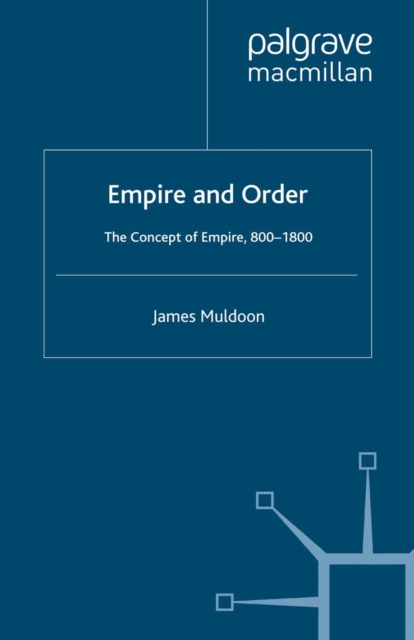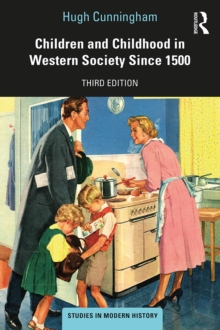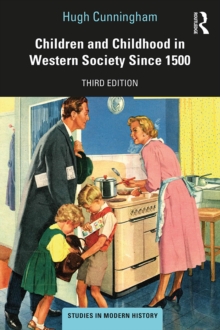
Empire and Order : The Concept of Empire, 800-1800 PDF
by J. Muldoon
Part of the Studies in Modern History series
Description
Empire is one of the most evocative, yet least examined, words in the political vocabulary.
To the ancients it meant the Persian realm, or universal Roman rule, or the series of great powers marking the stages of God's plan for mankind.
To medieval men, empire meant a universal Christian empire or rule over several kingdoms.
Subsequently, European overseas conquests were labelled empires.
In addition to being a territorial concept, empire also had a moral connotation.
Critics often identified it with moral decay, while nineteenth-century imperialists saw expansion as creating virtuous empires that would elevate subjugated peoples.
Historians of political thought often relegate the concept of empire to the pre-modern world while identifying the state as the characteristic political form of the modern world.
This book examines the wide range of meanings attributed to the concept of empire in the medieval and early modern world, demonstrating that the concepts of empire and state developed in parallel, not sequentially.
Information
-
Download - Immediately Available
- Format:PDF
- Pages:224 pages
- Publisher:Palgrave Macmillan
- Publication Date:19/08/1999
- Category:
- ISBN:9780230512238
Other Formats
- Paperback / softback from £89.99
Information
-
Download - Immediately Available
- Format:PDF
- Pages:224 pages
- Publisher:Palgrave Macmillan
- Publication Date:19/08/1999
- Category:
- ISBN:9780230512238










